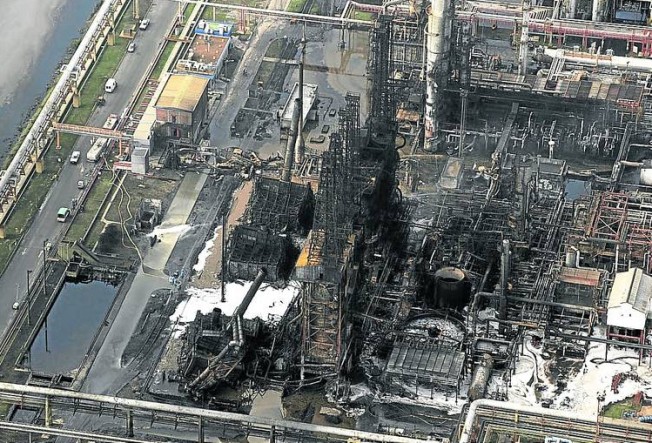
On December 1, 2014, the U.S. Chemical Safety Board formally announced that to “Modernize U.S. Process Safety Management Regulations” is the Board’s newest Most Wanted Safety Improvement, concluding that implementation of key federal and state CSB safety recommendations will result in significant improvement of Process Safety Management (PSM) regulations in the United States.
Over the last two decades, the CSB has made a number of recommendations related to OSHA’s PSM program and EPA’s Risk Management Program (RMP), many of which have not been fully implemented. By adding the modernizing of U.S. process safety management regulations to the CSB’s Most Wanted Safety Improvement list, the agency is identifying this issue as one of the board’s most important recommendations-related goals.
CSB Chairperson Rafael Moure-Eraso said, “My hope is that reform will help to prevent future catastrophic accidents.”
The CSB’s investigations of recent major refinery accidents found that there was no requirement to reduce risks to As Low As Reasonably Practicable (ALARP); there was no mechanism to ensure continuous safety improvement; no requirement to implement inherent safety or the hierarchy of controls; that there should be an increased role for workers and worker representatives in process safety management; and that there needs to be a more proactive, technically qualified regulator.
For PSM, the CSB recommended that OSHA:
• Expand the rule’s coverage to include the oil and gas exploration and production sector
• Cover reactive chemical hazards
• Add additional management system elements to include the use of leading and lagging indicators to drive process safety performance and provide stop work authority to employees;
• Update existing Process Hazard Analysis requirements to include the documented use of inherently safer systems, hierarchy of controls, damage mechanism hazard reviews, and sufficient and adequate safeguards;
• Develop more explicit requirements for facility/process siting and human factors, including fatigue;
For RMP, in addition to PSM program related enhancements mentioned above, the CSB recommended that EPA:
• Expand the rule’s coverage to include reactive chemicals, high and/or low explosives, and ammonium nitrate as regulated substances and to change enforcement policies for retail facilities;
• Enhance development and reporting of worst case and alternate release scenarios; and
• Add new prevention program requirements, including automated detection and monitoring, contractor selection and oversight, public disclosure of information, and, for petroleum refineries, attributes of goal-setting regulatory approaches.
View these CSB announcements:
Modernization of Process Safety Management Regulations
Full list of recommendations related to PSM reform
The CSB’s Most Wanted Page
How will this affect practices or procedures at your coker?







Leave a Reply
You must be logged in to post a comment.